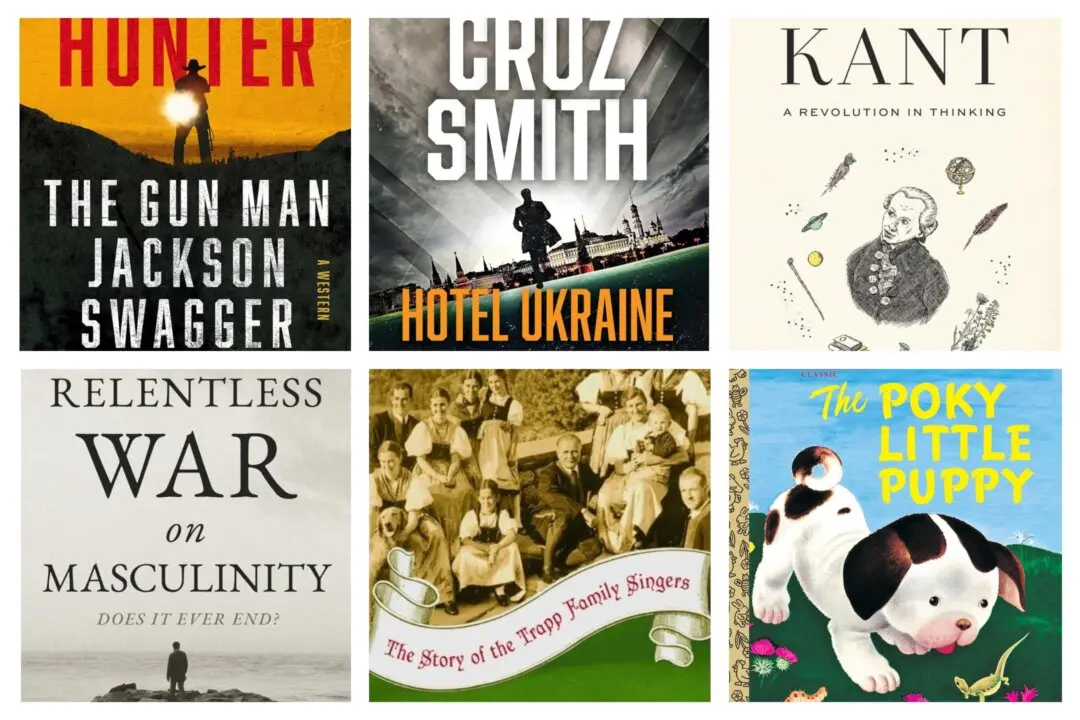As a parent do you act more as a carpenter or a gardener?
This is the question posed by author and psychologist Alison Gopnick in her book, “The Gardener and The Carpenter—What the New Science of Child Development Tells Us About the Relationship Between Parents and Children.”
In it, Gopnik rails against the modern interpretation of “parenting” as a verb and implores parents to consider a more natural, pursuit-free approach to the roles they play in their children’s lives.
The modern ideal of being a parent, Gopnik argues, is like that of being a carpenter, wherein one works intentionally to produce precisely the product (or person) they wish. “The promise of parenting is that there is some set of techniques, some particular expertise, that parents could acquire that would help them accomplish the goal of shaping their children’s lives.”
Of course, such aims are neither realistic nor natural, and Gopnik declares it has “made life worse for children and parents, not better.”
In contrast, if a parent acts as a gardener, he or she is “a carer” acting not in work but in love, and providing the right environment for his or her seedlings to thrive and blossom.
“The purpose of loving children, in particular, is to give those helpless young human beings a rich, stable, safe environment—an environment in which variation, innovation, and novelty can blossom. ... Loving children doesn’t give them a destination; it gives them sustenance for the journey.”
When the focus turns away from future results and toward fostering the present environment, one can feel the pressure of parenting ease a bit. It feels softer, more nurturing, and natural; and it seems obvious, doesn’t it, that children would thrive if parents focused their efforts on simply tending their garden.
Gopnik’s book, itself, dives rather deeply into her hypothesis on parenting, likely in excess of the needs of most parents. If you enjoy scientific, professorial language, you may dig this one.
The thesis is lovely and timely, however, and one to consider in all aspects of our roles as parents. From the keeping of our homes, to the educational choices we make, to the food we provide, to the books we keep on our shelves, to the media and technology we invite into our environment, to the time we devote to family and friends, to the cultures and beliefs we expose our children to, to the travels we embark on, to the habits and rituals we uphold and more—these are the elements of our environment, our garden, that affect our children and impact their lives.
While the dawn of the new year pulls us to resolve to accomplish some specific aims; perhaps this year we should simply tend our garden each day, little by little, allowing it to grow and prosper in its own, beautiful way.






